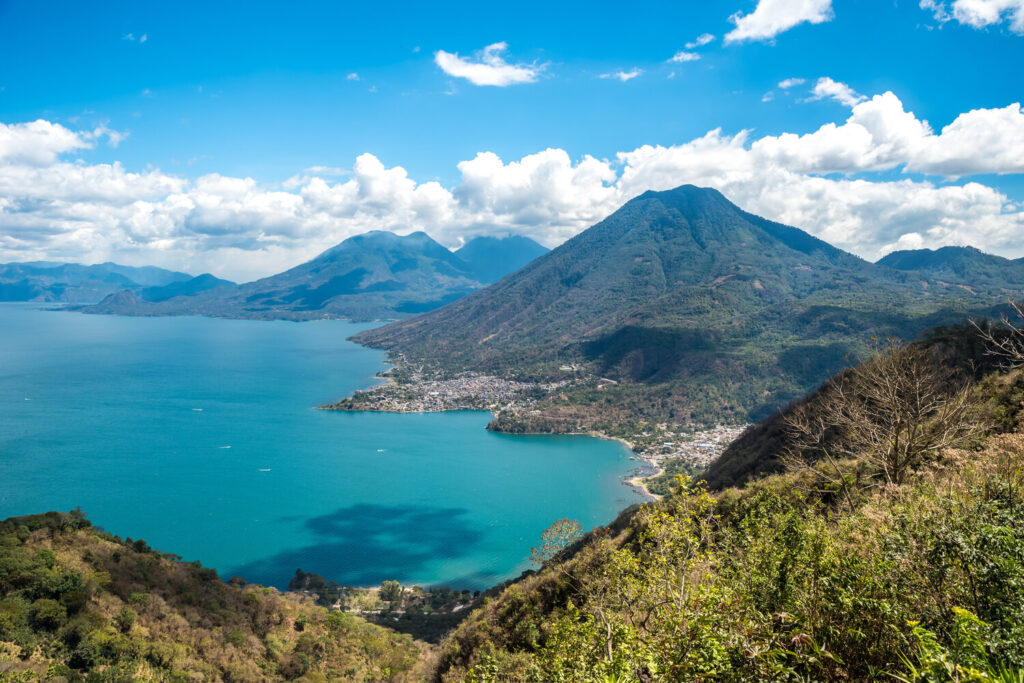
How Digital Nomads Can Be Eco-Friendly
Digital nomads can work remotely from any corner of the globe, but all that travel does take its toll on the environment. To work towards offsetting one’s personal carbon footprint, digital nomads can adopt a number of eco-friendly practices including choosing sustainable accommodation and transportation methods. Let’s look at different ways that digital nomads can respect the environment while continuing to travel around the world.
Choosing Sustainable Transportation
One of the most significant contributors to a digital nomad’s carbon footprint is transportation. Opting for trains or buses instead of flights for shorter distances can significantly reduce emissions. Instead of renting your own car, get a group together and drive in a bigger vehicle or grab a ride with someone already taking the same journey with services such as BlaBlaCar. When flying is unavoidable, choosing airlines that prioritize sustainability, offer carbon offset programs, and operate fuel-efficient aircraft is beneficial. Additionally, carpooling and using public transportation at destinations can further reduce your environmental impact.
Sustainable Accommodation
Digital nomads should consider staying in eco-friendly accommodations. Many hotels, hostels, and Airbnb properties are now adopting green practices such as energy-efficient lighting, water conservation measures, and waste reduction programs. Eco-lodges and sustainable hotels, often certified by organizations like Green Key or LEED, are excellent choices for environmentally conscious travelers. You can also look into home swapping sites such as Noad or staying with friends or friends of friends through reaching out to your network on Facebook or Instagram.
Reducing Plastic Use
Single-use plastics are a major environmental concern. Digital nomads can reduce their plastic footprint by traveling with a reusable water bottle, preferably one with a built-in filter to ensure access to clean drinking water everywhere. Reusable shopping bags, utensils, and straws can also make a significant difference. Additionally, opting for products with minimal or recyclable packaging helps reduce plastic waste.
Sustainable Gadgets and Gear
Choosing eco-friendly tech gear is another important aspect. Laptops, smartphones, and other gadgets should be energy-efficient and have good battery life to reduce the need for frequent charging. Solar-powered chargers and portable solar panels are excellent for harnessing renewable energy, especially in remote areas without reliable electricity. Moreover, digital nomads can invest in eco-friendly backpacks and luggage made from recycled materials or sustainably sourced fabrics.
Minimalist Packing
Adopting a minimalist approach to packing can have several environmental benefits. Traveling light reduces fuel consumption in transportation and also helps you save by not having to pay for checked bags. Digital nomads should pack versatile, durable clothing made from sustainable materials. Osprey and Patagonia are renowned for their long-lasting, durable clothing, with Osprey even giving customers a lifetime warranty on their backpacks. Japan’s Uniqlo is a great choice for affordable, sensible clothing that you can wear in a variety of situations. Brands that prioritize ethical production and use organic, recycled, or low-impact fabrics are ideal choices.
Supporting Local and Sustainable Businesses
Contributing to the local economy in sustainable ways is crucial. Digital nomads can support local farmers, artisans, and businesses that prioritize sustainability. Eating local, seasonal foods reduces the carbon footprint associated with food transportation and promotes healthier eating habits. Additionally, choosing activities and tours run by eco-friendly operators ensures that tourism benefits the local community and environment.
Conscious Energy Consumption
Energy conservation should be a priority for digital nomads. Simple actions like turning off lights, unplugging devices when not in use, and using energy-efficient appliances can reduce energy consumption. Staying in accommodations that utilize renewable energy sources, such as solar or wind power, further contributes to lowering your environmental impact.
Finally, digital nomads can use their platforms to advocate for environmental sustainability. Sharing eco-friendly practices, supporting environmental causes, and raising awareness about climate change and conservation efforts can inspire others to adopt more eco-conscious lifestyles. By integrating these practices and traveling with eco-friendly gear, digital nomads can significantly reduce their environmental impact and promote a sustainable future for our planet.
How many of these eco-friendly measures have you already put into practice?










Responses